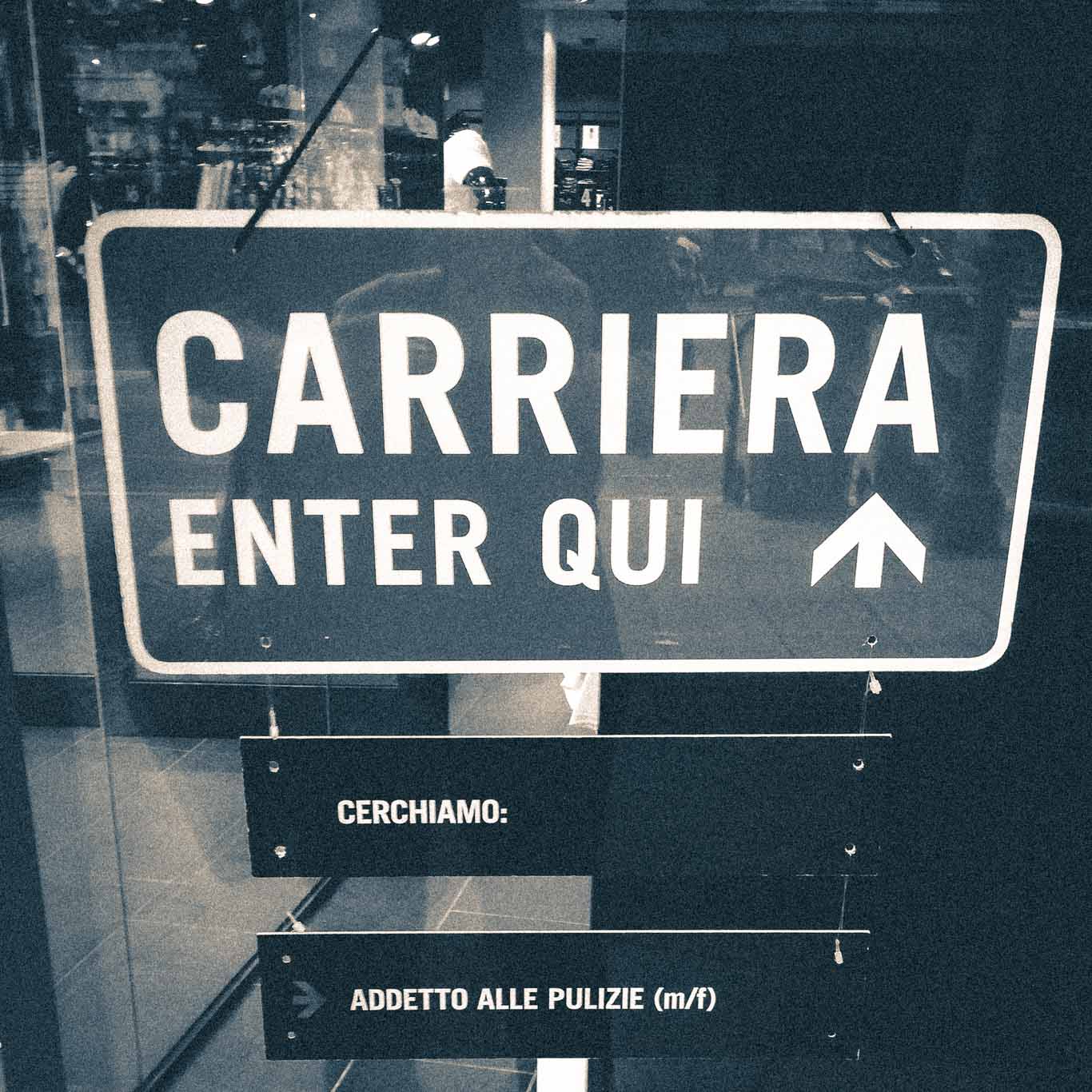A volte qualcuno ti dice: “Non parliamo sulla stessa lunghezza d’onda”.
Bene. Questo è davvero molto buono. Immagina se tutti nel mondo parlassero “sulla stessa lunghezza d’onda”, sempre e continuamente. Pensando le stesse cose, allo stesso modo. Un disastro. La fine del mondo. Fortunatamente, non è così. Un’onda ha armoniche infinite. E la musica è armonia tra le diverse onde, non rumore bianco.
“Ho notato che chiedere scusa è di solito più importante per giungere a una conclusione che riceverne una e il perdonare è spesso più importante dell’essere perdonati. Sia il gesto di scusa che il perdono, quando offerti sinceramente, sono atti di risoluzione emotiva. Un modo, per le persone, di mettere una parte degli aspetti emotivi del conflitto dietro di loro. Le scuse o gli atti di perdono più potenti sono quelli fatti senza alcuna aspettativa di reciprocità … per essere sincere ed efficaci, le scuse devono essere senza condizioni. ”
[Bernard Mayer, Ph.D., is Professor at the Werner Institute for Negotiation and Dispute Resolution at Creighton University (http://www.creighton.edu/werner/)]
“I have noticed that delivering an apology is usually more important to reaching closure than receiving one and forgiving is often more important than being forgiven. Both apologizing and forgiving, when genuinely offered, are acts of emotional resolution. In effect each is a way for people to put some part of the emotional aspects of the conflict behind them. The most powerful apologies or acts of forgiveness are those offered without any expectation of reciprocation … To be genuine and effective apologies must be unconditional.”
Sometimes, someone tells you: ‘We do not talk on the same wave length’.
Well. That’s actually very good. Imagine if everyone in the world would have been talking ‘on the same wave length’, always and continually. Thinking the same things, in the same way. A disaster. The end of the world. Luckily, it’s not so. A wave has infinite harmonics. And music is harmony between different waves, not white noise.



